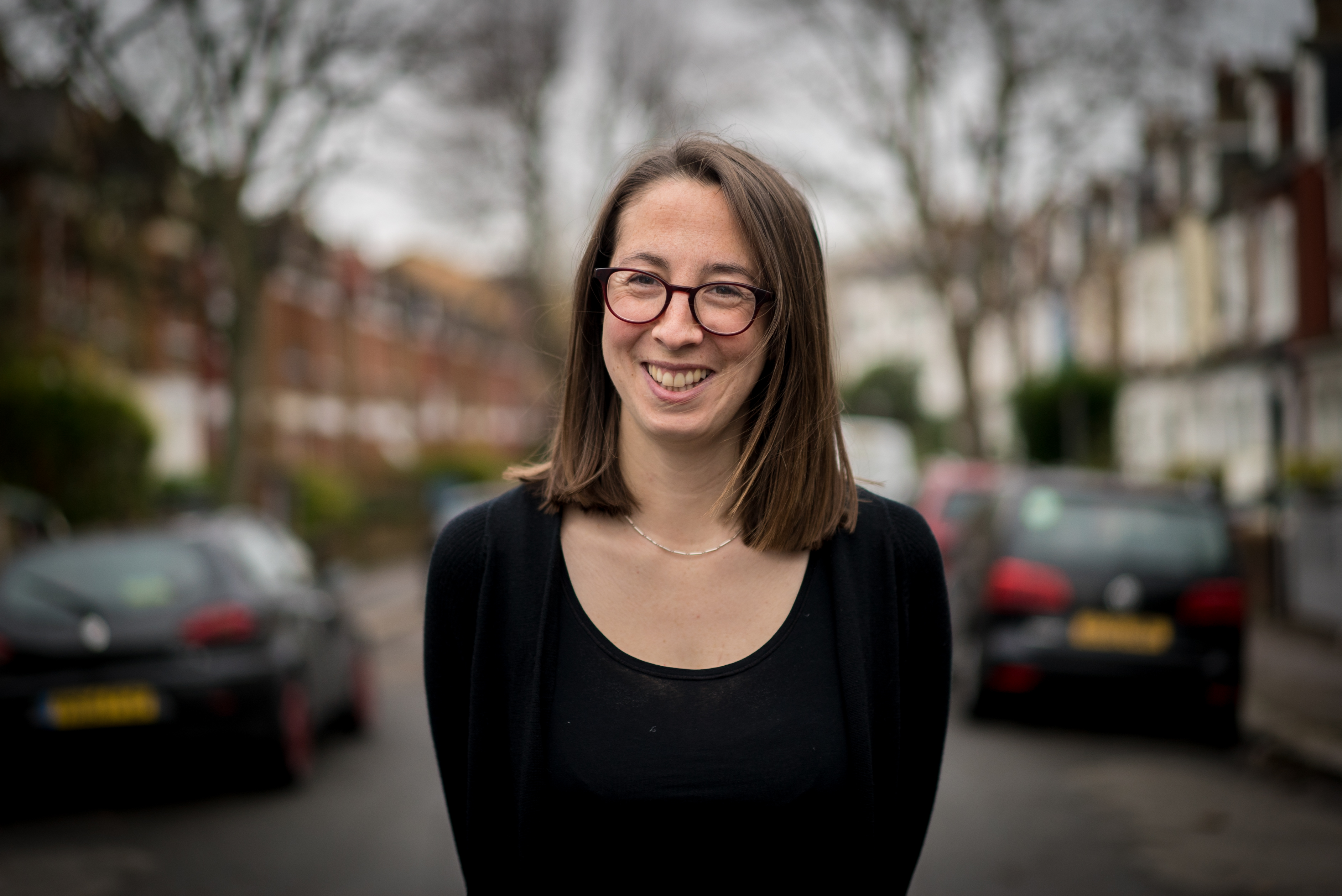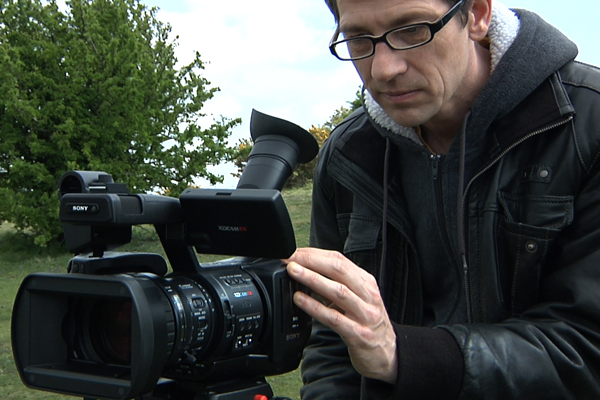ASK & DISCUSS
INDEXMissing Facts: Should Documentaries be Allowed to Have Style over Substance?
12 years, 3 months ago - Helen Jack
I've just read an interesting article by Tom Roston over on the PBS blog - http://www.pbs.org/pov/blog/docsoup/2013/07/beware-the-new-doc-vague/#.Ud2r0j5ERP0. In this piece, Roston creates a term called 'The New Doc Vague' in order to describe an evolving breed of documentary which is less concerned with purporting hard facts and researched statistics, instead concentrating on poetic aesthetics and film form. The jumping off point for Roston's exploration of the subject is the new feature doc by Sean Dunn, Oxyana, which was released on Vimeo last week (http://vimeo.com/ondemand/oxyana). When questioned about some of the statistics and information given by subjects in his doc, Dunne himself admits that "We didn’t question those things we just we were a vessel to their voice.". For Roston, this raises a question around whether or not docs should always attempt to uphold the "truth" - giving facts, where possible - or whether docs, like other genres, should be allowed some artistic licence.
If, as Dunne argues, the film was more about capturing a place and its community, rather than being factually informative, shouldn't documentary filmmakers be allowed to just shoot and include the footage they want, even if what some of what is said isn't true? Or do docs, which are in a rather unique position as "the upholders of truth" (which we all know is a complex area), have an ethical obligation to not mislead their audience by including questionable claims?
I'm chewing this one over still. At the moment, I think I'm siding with Dunne. I'd love to know what other people think...
Only members can post or respond to topics. LOGIN
Not a member of SP? JOIN or FIND OUT MORE
12 years, 3 months ago - John Baker
To me it depends very much on how you present the film and make clear it's purpose. Is it just a portrait of a point of view that exists within culture or are you presenting as evidence based journalism? Is it likely to mislead the audience into thinking it is one when it is the other? So if speakers are including things that try to make it appear more factual (i.e. quoting statistics etc), rather than simply their point of view, then you need to challenge those as well or you may mislead. Statistics are the warning sign really for me. They are so often abused by cherry picking.
12 years, 3 months ago - Paddy Robinson-Griffin
Our industry is built on lies, TV is pathologically unable to tell the truth in fact. Sweeping, but think about it...
'Guy gets out of bed and leaves the house' if told 'honestly' would take 10 very boring minutes of film. Instead we edit it selectively to get it down to 20 seconds. This selectivity means you choose to throw away some information in every single shot. Take it further - we bring our own lighting, props, people pretending to be/do something (actors), etc. We pack all the emotion of a scene into the music that accompanies it. It is entirely synthetic.
People want to work in 'The Movies' for the glamour. I'm sure you'll agree it is a very unglamorous industry - in fact it is downright filthy almost all of the time. Yet as an industry we rely on keeping the glamour myth alive - it sells films and makes people money.
This means TV/film is pathologically opposed to literal truth. News presenters tie flowers to railings for a piece to camera (yes, really). Fox News exists. This is what carries over into the 'documentary' sector. They want to make films, and so want to sell films, and so will often be tempted by sensation. It's not new, there have been Michael Moore's and Morgan Sherlock's back through time. They pick a story, cherry pick data to support it, create a controversial buzz, bums on seats, money made.
Actually I agree - I prefer a more balanced piece than a lazy polemic, but apparently not everyone does!



